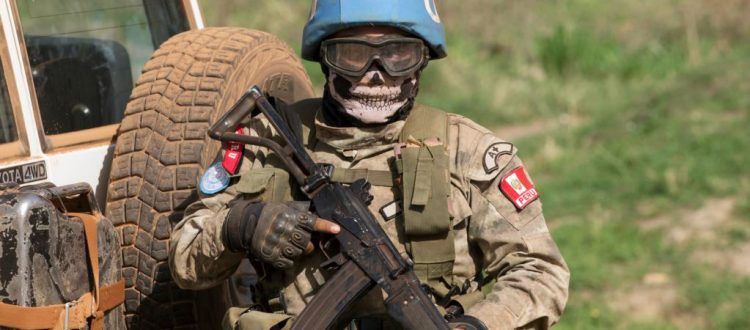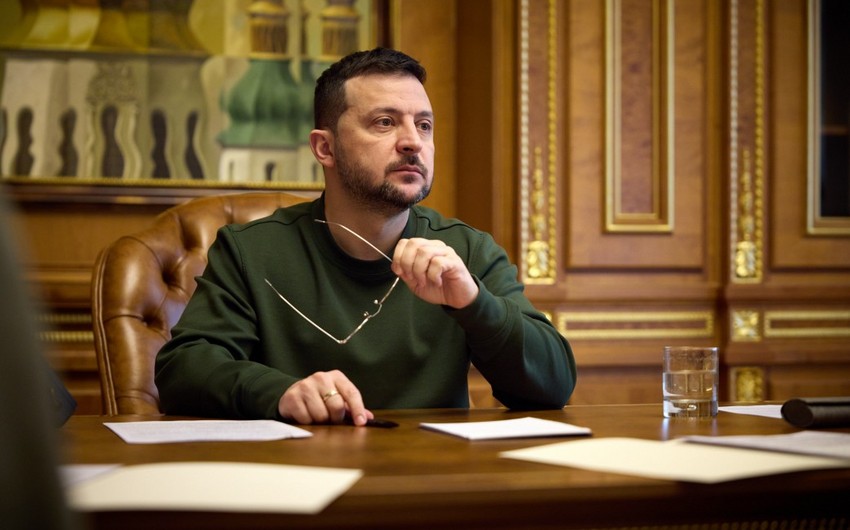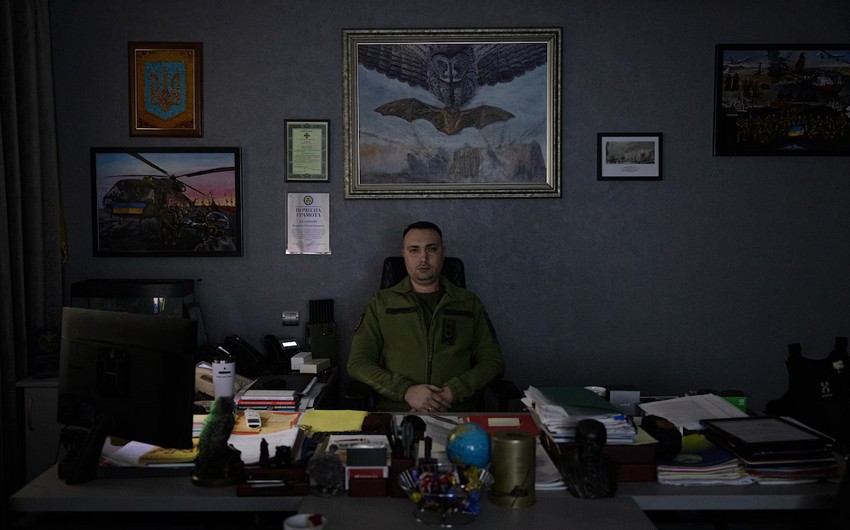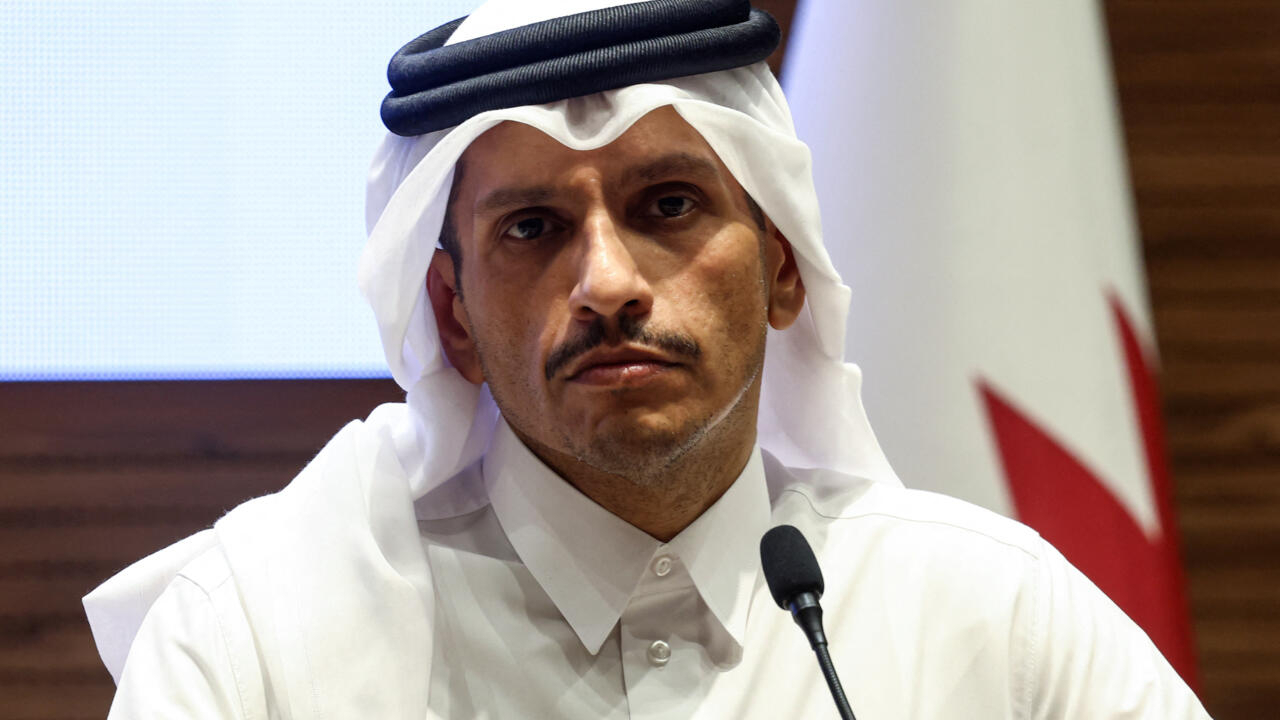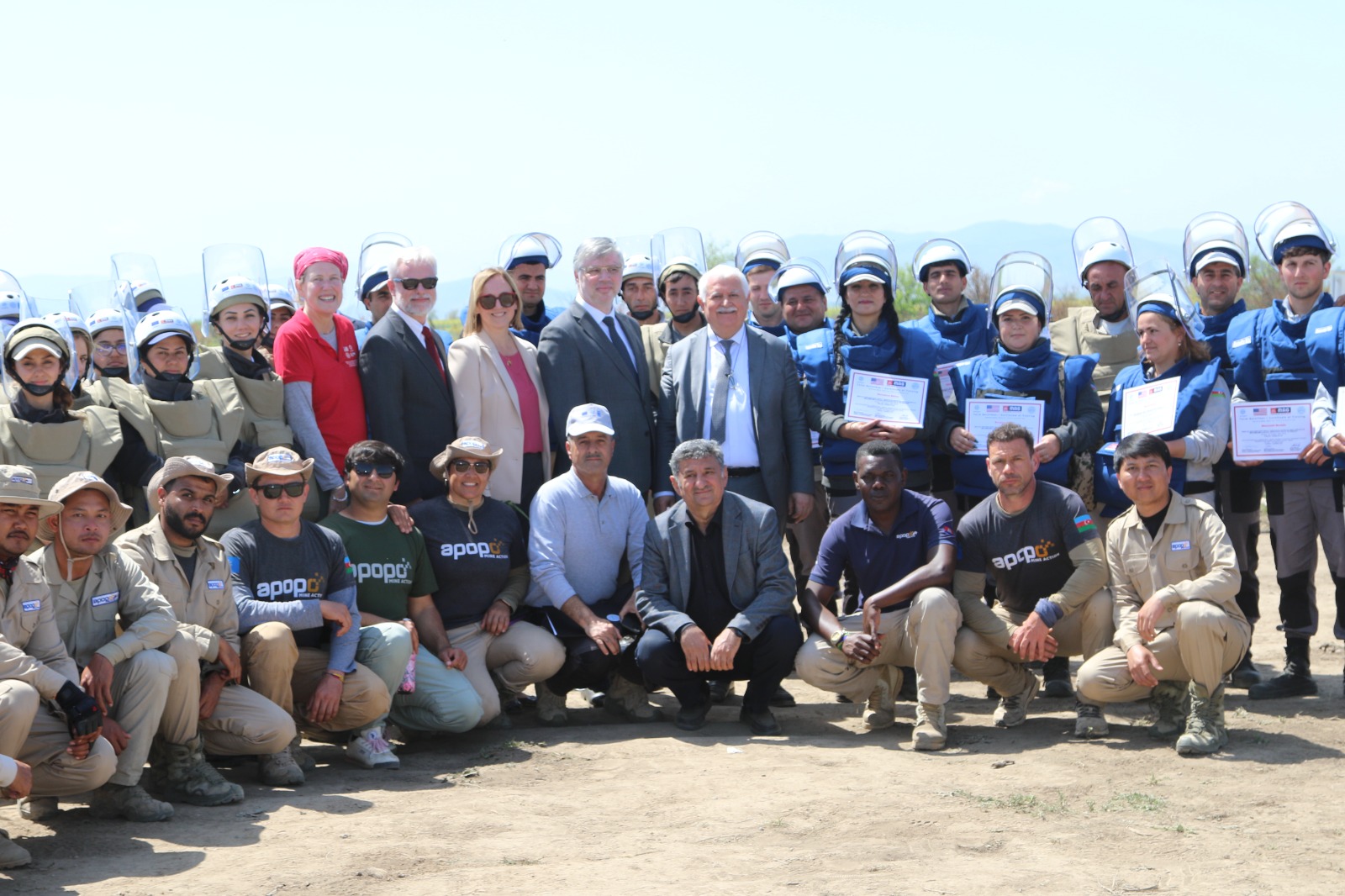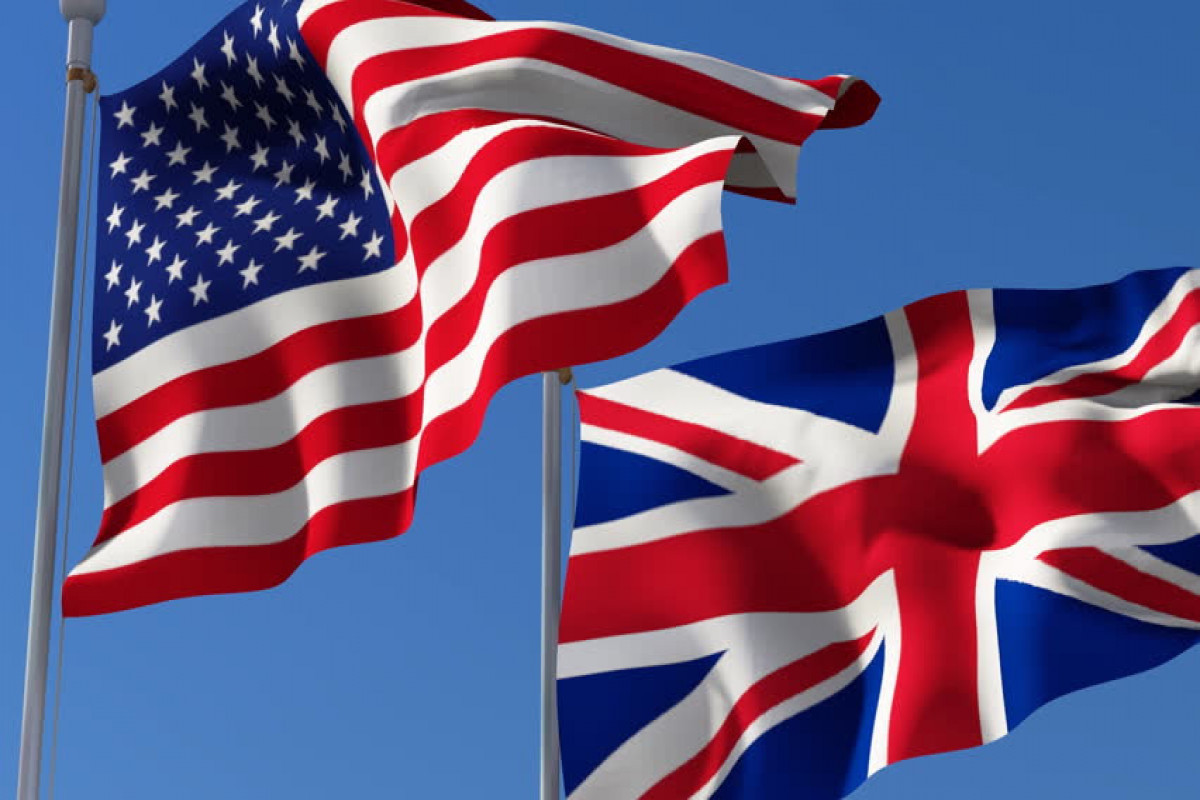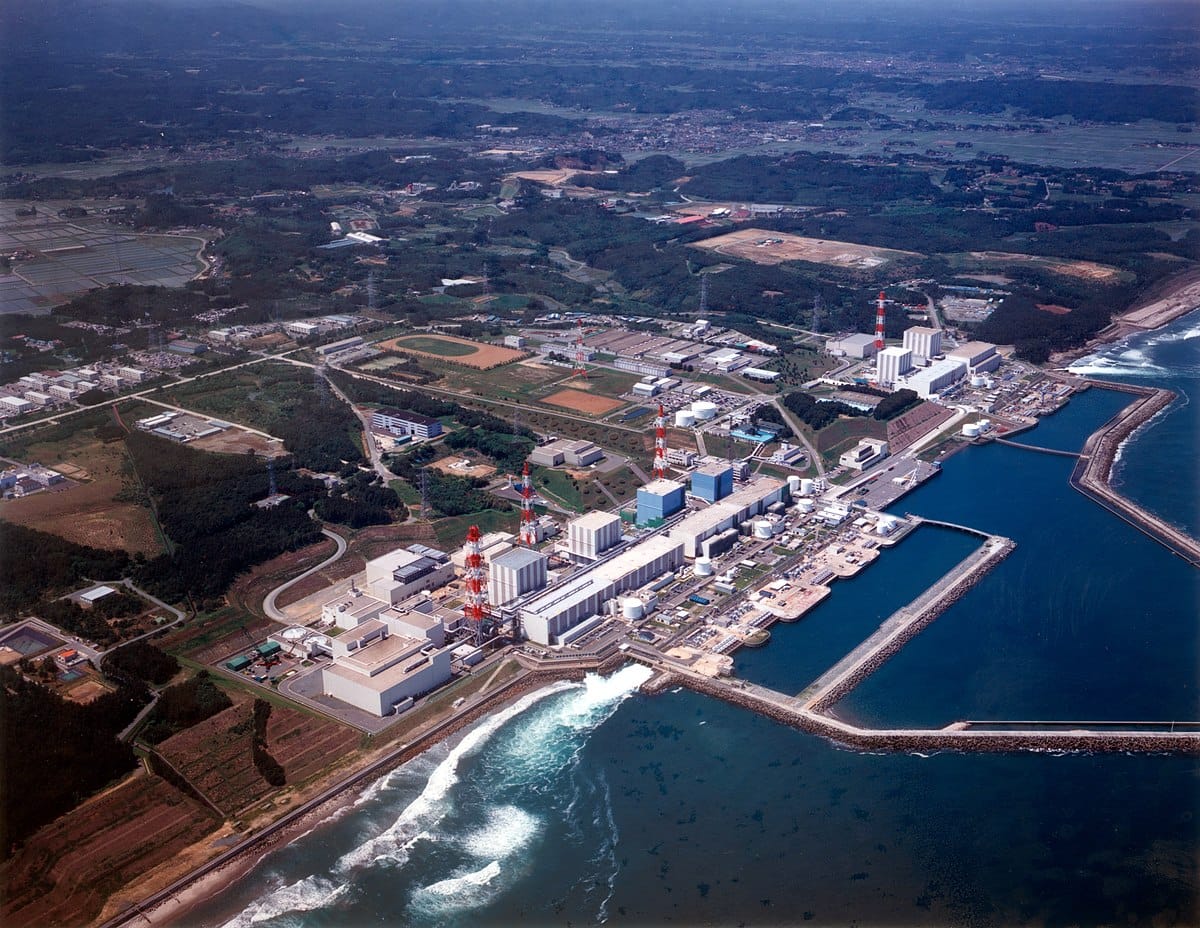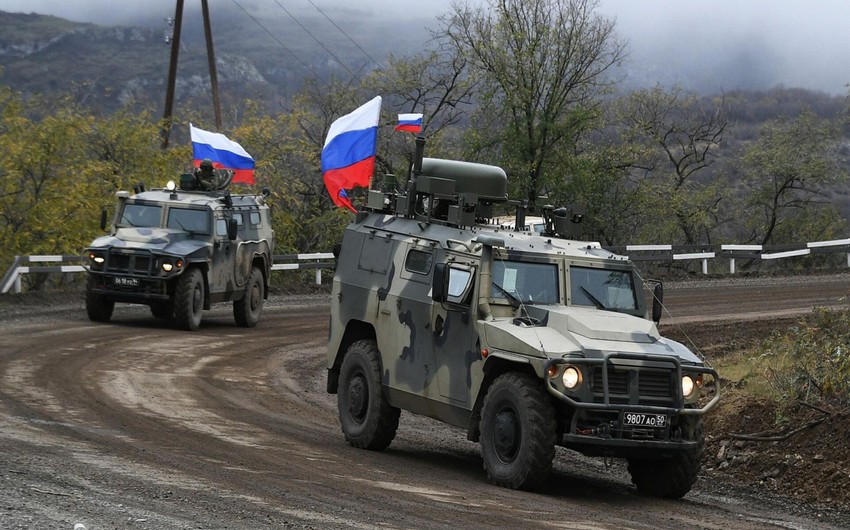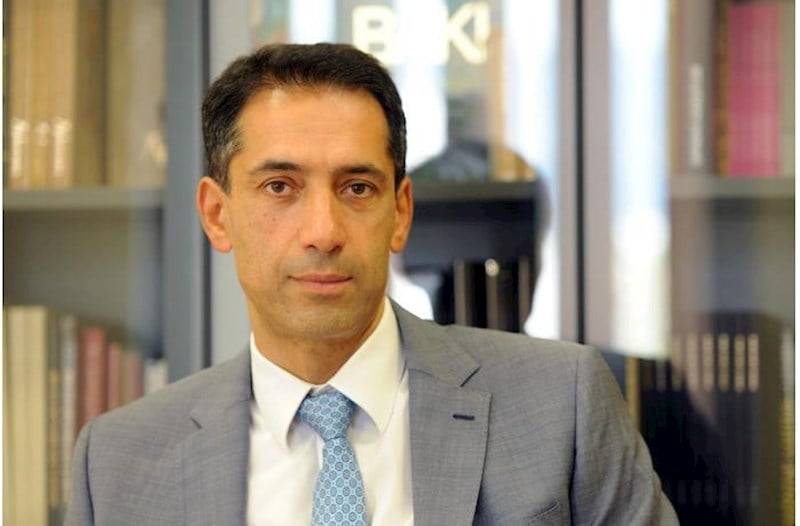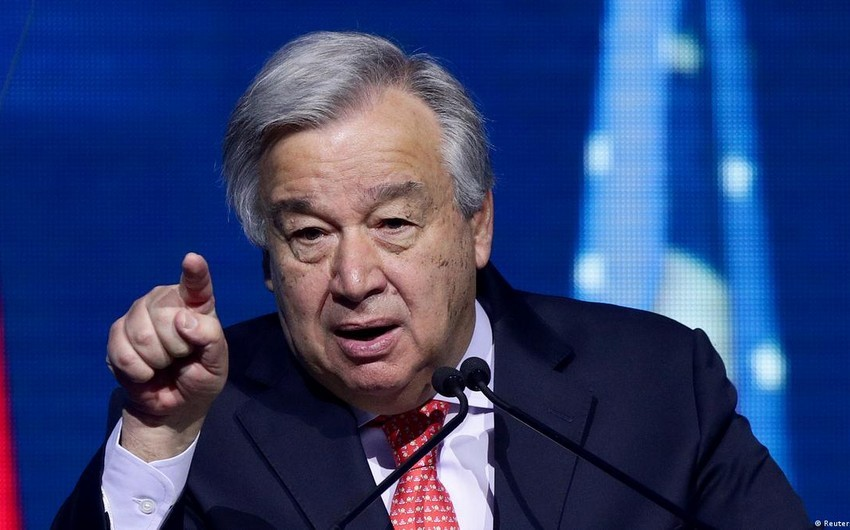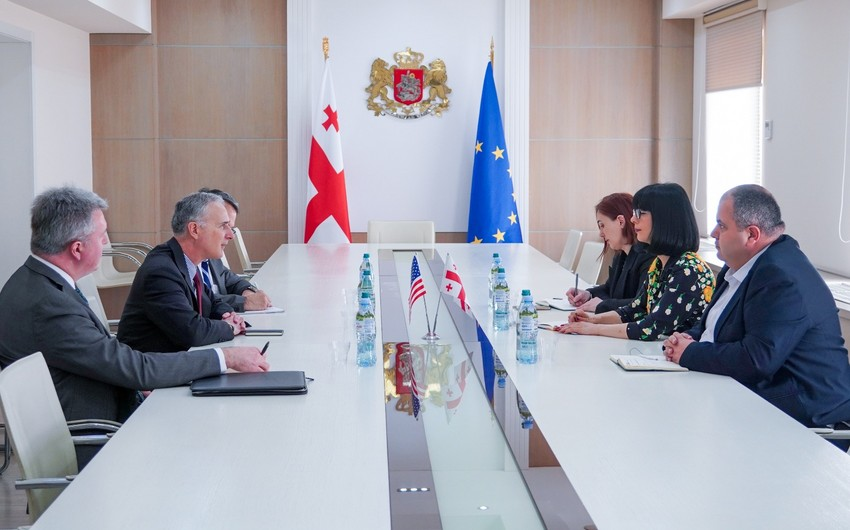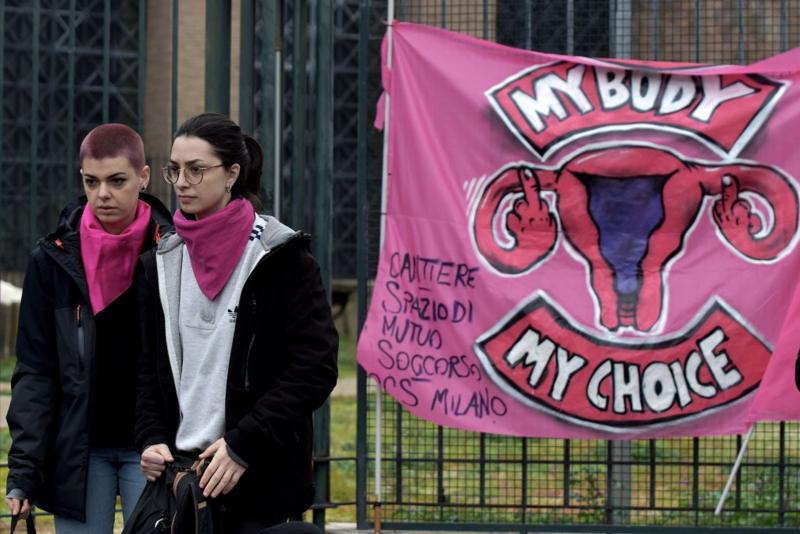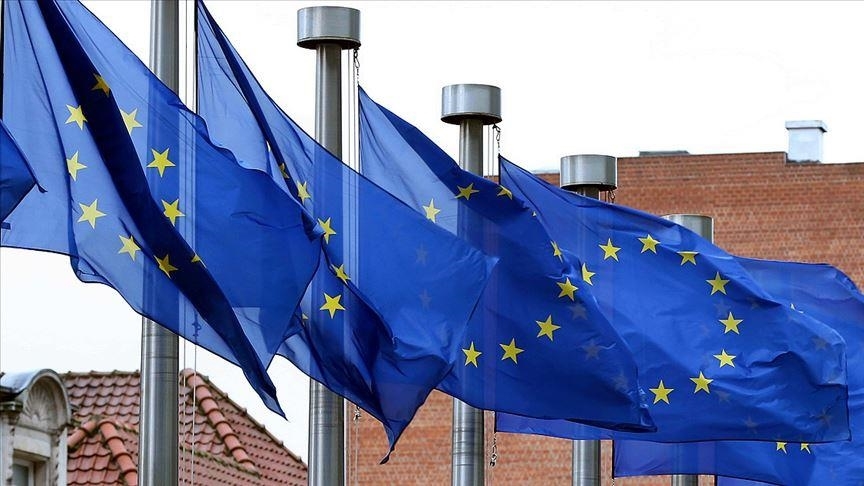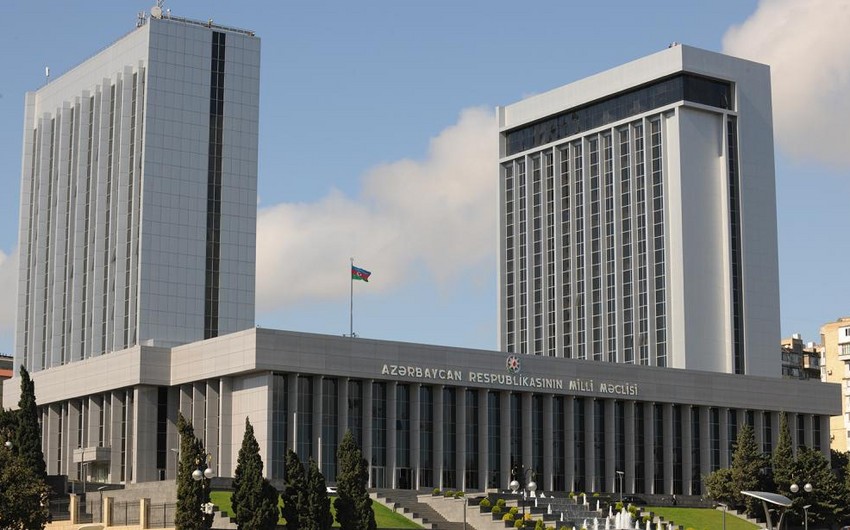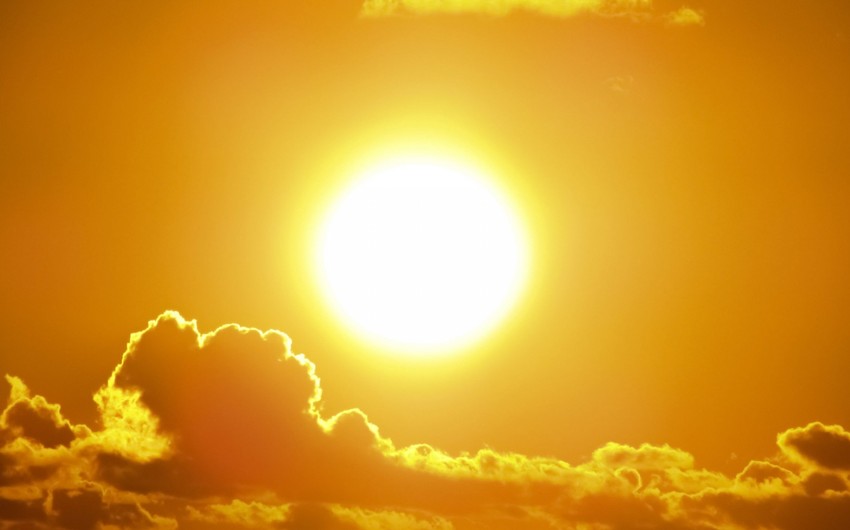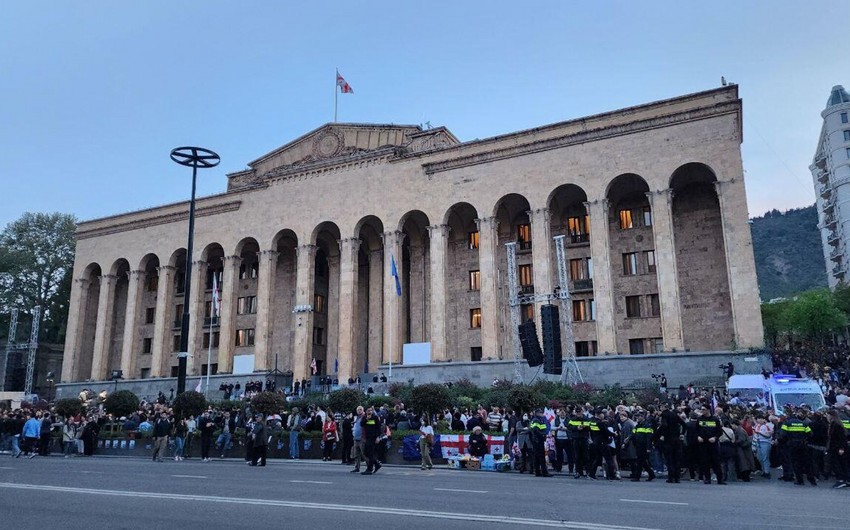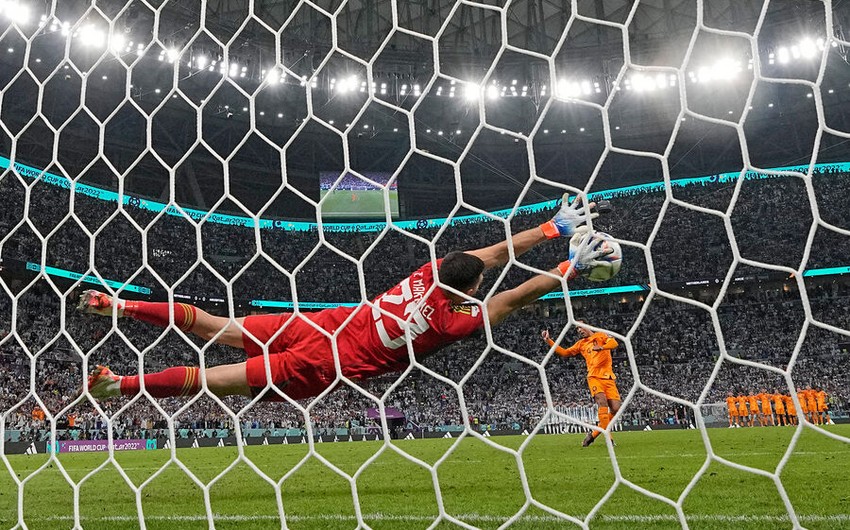The continuing violence, refugee flows, internally displaced persons and the lack of government services is a good reminder of the difficulties of creating a functioning State with a top-down approach, especially one that begins by training a national army before there is a State to protect.
There are four levels of action to consider: the local level, the State level, the multi-State regional level represented in theory by the African Union but in practice largely absent, and the world level represented by the United Nations and in its most visible form by UN military.
Oubangui-Chari as the Central African Republic was during the French colonial period was always the “poor cousin” of French Equatorial Africa, a place for a French colonial officer to avoid or to get out of as fast as possible.(1) The cash crop was cotton, but without an access to the sea, cotton was less advantageous than cotton grown elsewhere in West Africa. The other source of revenue was diamonds, but the trade was in the hands of Lebanese and brought little revenue to the colonial budget. The area covered by the current Central African Republic had no pre-colonial common history. It was incorporated into French Equatorial Africa but could have as easily been part of the Belgium Congo or added to Uganda as part of British East Africa.
The pre-Independence nationalist leader, Barthelemy Boganda was killed in a plane crash just before Independence. He was replaced in national leadership by his two cousins, David Dacko, the first President, and Jean-Bedel Bokassa, the first head of the army. Bokassa overthrew his cousin in 1966 and ruled from 1966 to 1979, first as President and then as Emperor having changed the name of the country to Central African Empire. Bokassa saw himself as Napoleon and tried to centralize the multi-ethnic country. Unfortunately, he did not have the administrative talent of Napoleon. Fortunately, he did not have the expansionist territorial ambitions of Napoleon. He governed his palace, and the rest of the country slowly disintegrated.
In 1979, Jean-Bedel Bokasa who ruled (or misruled) as the Emperor Bokasa was replaced by a French military intervention after Bokasa had too visibly killed young school children who were protesting. All pretext of a unified administration disappeared. General Kolingba, Ange-Felix Patassé, followed by Francois Bozize were considered “Head of State” but the State had no administration. Bozize was overthrown in March 2013 by Michel Djotodia. Djotodia was the first Muslim to be Head of State. A floating population of jihadists came from outside the country and joined Muslim militias. In reaction, Christian self-defense militias were created.
Then under French pressure, there were elections. The new president is Faustin Touadera but most of the country is outside his control The UN provides a Multidimensional Integrated Stabilization Force, costing the United Nations twice the total budget of the Central African Republic. Troops, international or national, can sometimes restore “calm”, but they rarely deal with the fundamental cause of tensions. There is the immediate problem of violence among tribal-based militias in the absence of a national army or central government security forces. The militias pitted the north of the country against the south. Since the geographic division also covers a Muslim north and a Christian south, the conflict has taken on a religious color, but the conflict is not theological. In addition, there are other militias from the Democratic Republic of Congo that use the Central African Republic as a “safe haven” and live off the land by looting villages. There are also segments of Lord’s Resistance Army, largely from the Acholi tribes of northern Uganda who also use the Central African Republic as a safe area, looting as they move about.
World citizens were among those in the early 1950s who stressed the need to create UN peacekeeping forces with soldiers trained for such international tasks. Later, we proposed a standing “ready reserve” of U.N. forces as the time lag between a crisis and the fielding of national units under U.N. command can be relatively long, usually several months. There are no permanent U.N.-trained and motivated troops. There are only national troops loaned by some national governments but paid for by all the U.N. Member States. Each government trains its army in its own spirit and values, though there is still an original English ethos as many U.N. troops come from India-Pakistan-Bangladesh-Nepal and Nigeria. The current U.N. peacekeeping troops are not trained for loyalty to the U.N. and its values. While many members have served bravely, there are also those who in a difficult situation avoid being shot at. There also have been credible accusations of sexual abuse. Currently, in addition to the U.N. forces trying to train national military, France and Russia are also providing military training; the Russians with Russian-made weapons that they hope will be a first step to larger arms sales.
Today, a new type of world civil servant is needed – those who in areas of tension and conflict can undertake the slow but important task of restoring confidence among peoples in conflict, establishing contacts and looking for ways to build upon common interests. Agents are needed to develop the economic and social capacity of the State at the local level. There is a need to create social services, in particular education and health, and improvements of local agriculture. What is required today in the Central African Republic are reconciliation bridge-builders, persons who are able to restore relations among the ethnic groups of an area. The U.N., national governments, and non-governmental organizations need to develop bridge-building teams that can help to strengthen local efforts at conflict resolution and re-establish community relations.

